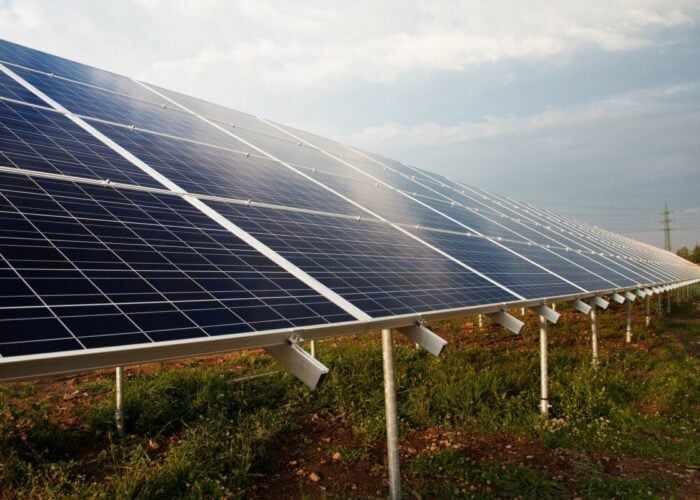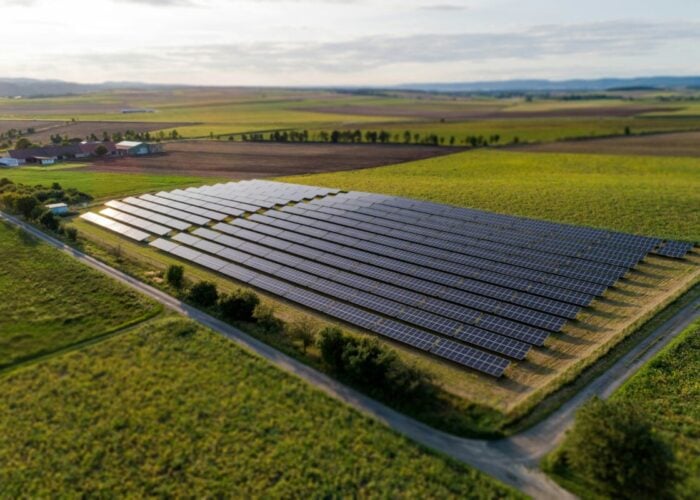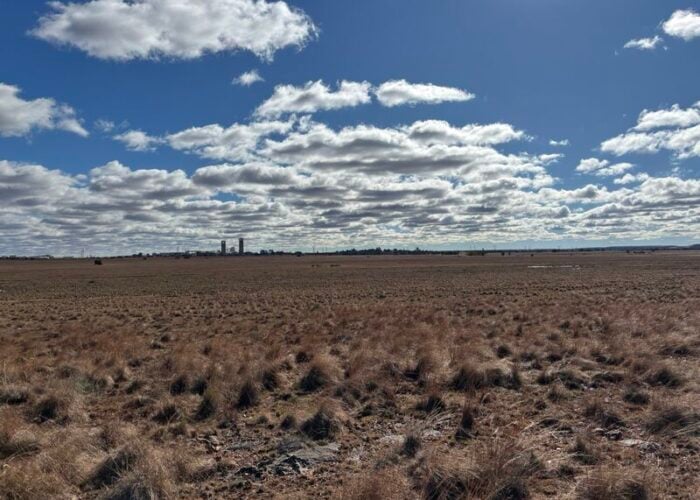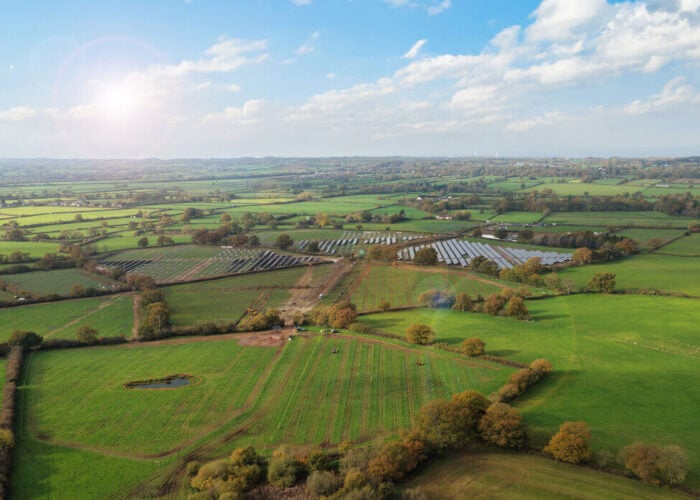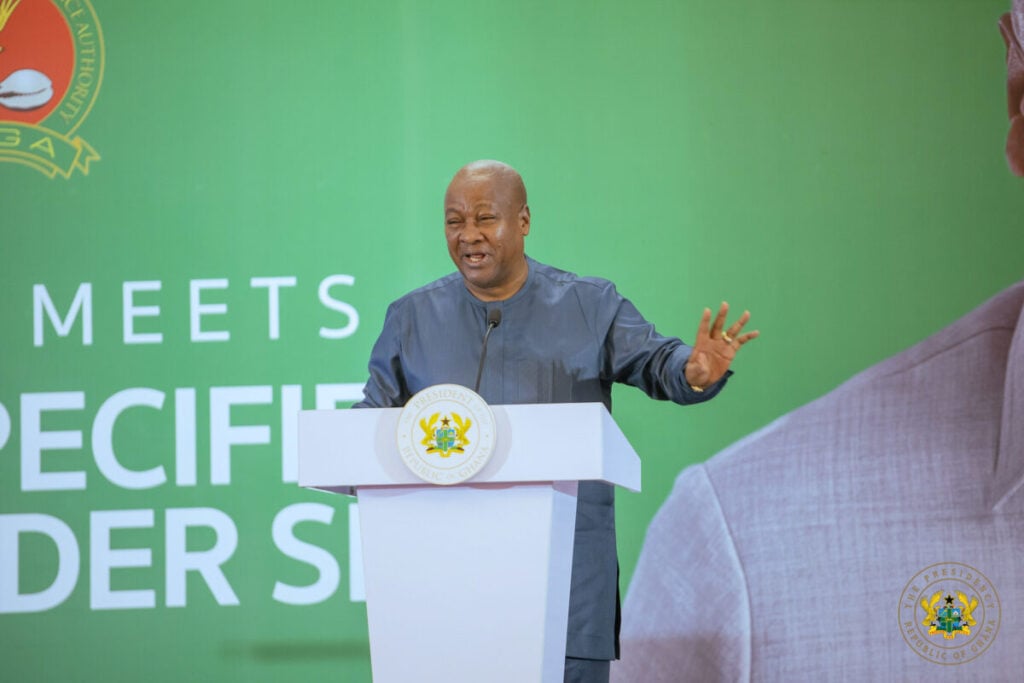
Solar for Industries (SFI) has started construction on the first phase of the Norbert Anku solar project in Ghana, which is expected to have an operational capacity of 1GW by 2032.
SFI, a subsidiary of Ghanaian construction company LMI Holdings, will commission the project in phases, with the first 100MW to be brought online by December 2026, and the next 100MW to begin operations by September 2027. The project is to be named after the first managing director of LMI Holdings, and is being built in the Dawa Industrial Enclave of the Greater Accra region, which is home to a number of light and heavy industries in Ghana.
Try Premium for just $1
- Full premium access for the first month at only $1
- Converts to an annual rate after 30 days unless cancelled
- Cancel anytime during the trial period
Premium Benefits
- Expert industry analysis and interviews
- Digital access to PV Tech Power journal
- Exclusive event discounts
Or get the full Premium subscription right away
Or continue reading this article for free
The Norbert Anku facility is set to be the largest operating solar project in Sub-Saharan Africa outside of South Africa, which has historically lead Africa in terms of solar PV deployments and where Hive Hydrogen South Africa is building a 1.4GW solar project for its green hydrogen work.
The project has been supported by a number of backers, including the World Bank’s International Finance Corporation, Ghanaian utility the Enclave Power Company and the China International Water & Electric Corporation, an engineering consultancy.
While offtake agreements for the project have not yet been announced, Kojo Aduhene, CEO of another of the project’s backers, Quarm Investments, noted that other industrial projects in the Dawa Industrial Enclave would be able to acquire power from the Norbert Anku project at a “10% discount”.
“Let us build this project with integrity, speed and purpose, so that when we return here to commission it, we can all say with pride that this is the dawn of Ghana’s clean industrial revolution,” said Ghanaian president John Dramani Mahama, who attended the groundbreaking ceremony last week.
Fossil fuel projects have historically dominated Ghana’s electricity generation—figures from the country’s Energy Commission show that thermal power plants accounted for 69.9% of domestic electricity generation in 2024, compared to just 2.4% from renewables—and the development of projects such as the Norbert Anku facility will help to rebalance this. According to the same report from the Energy Commission, Ghana had just 132MW of nameplate capacity in operation at the end of 2024.
“Sovereignty involves generating more of our energy locally and using the sun, wind, and water provided by nature to do so,” added Mahama, echoing sentiments expressed in Europe that greater investment in locally-generated renewable electricity is an effective way to improve domestic energy security.

